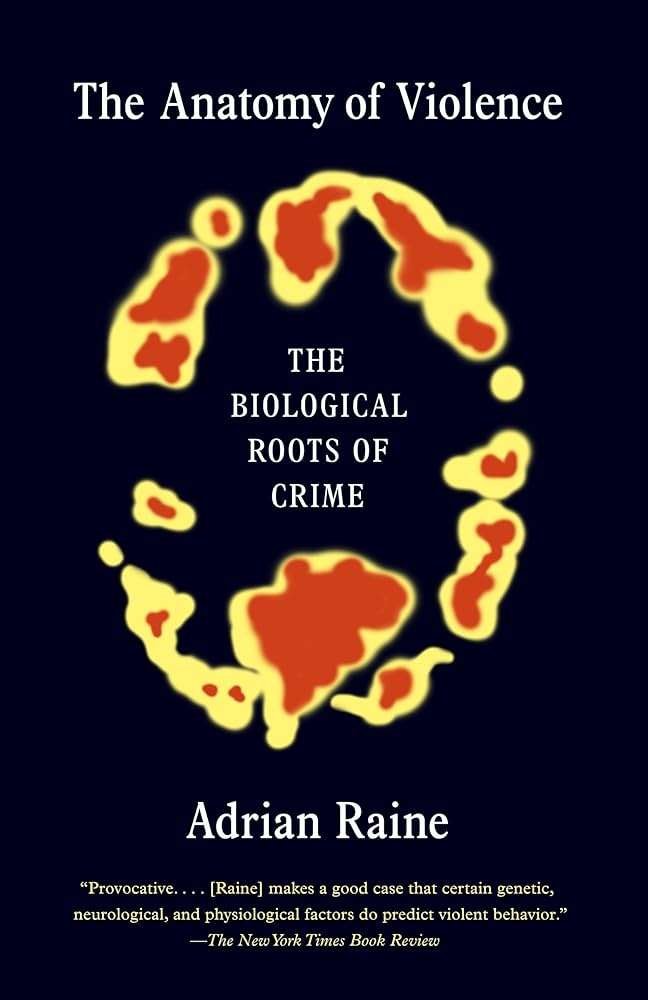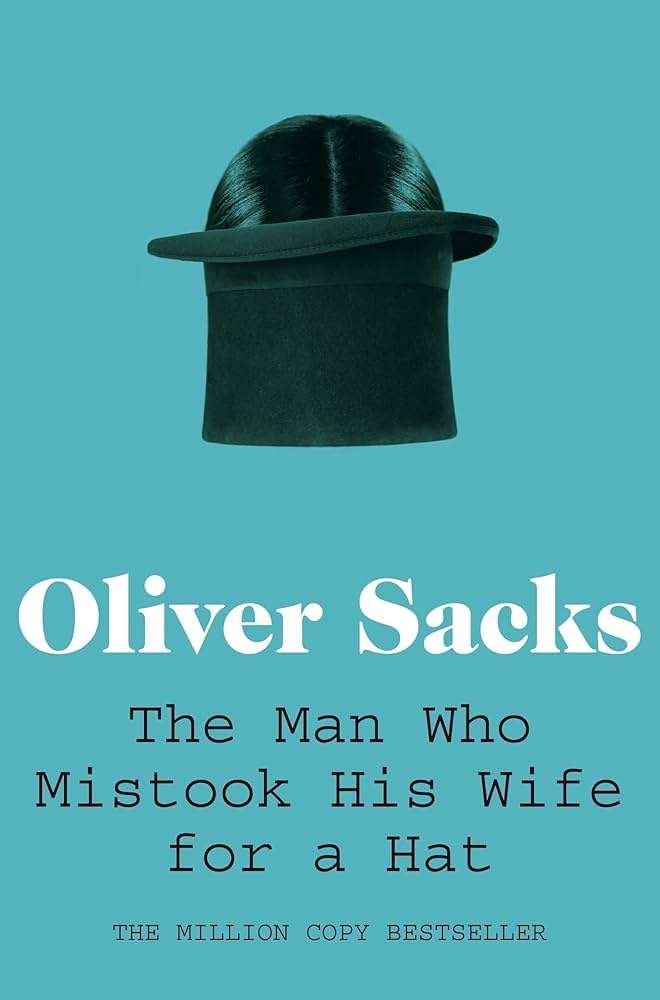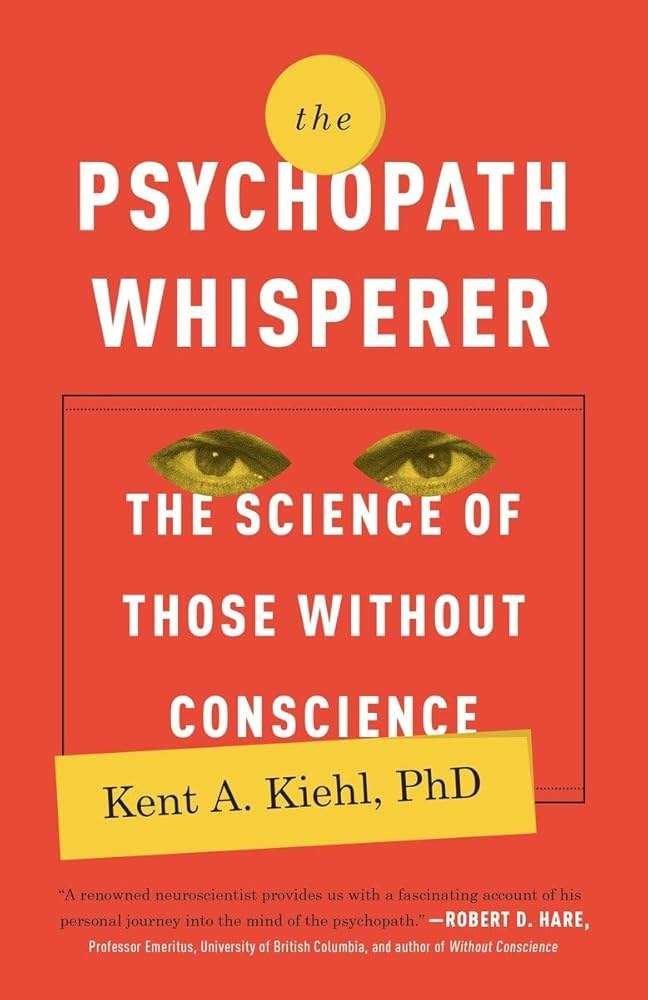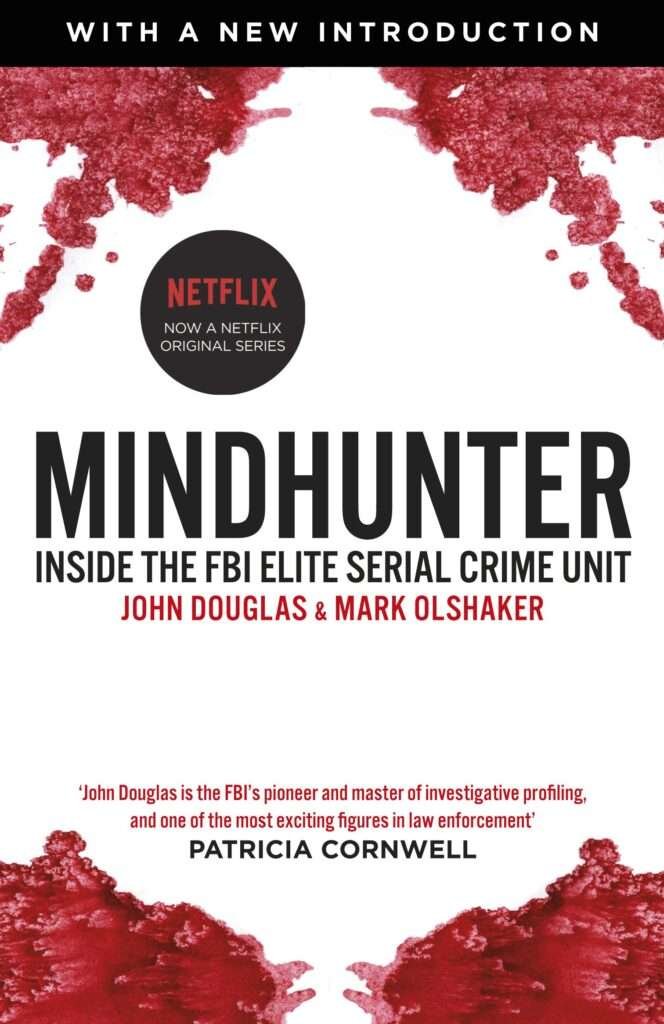Introduction
Criminal psychology delves deep into the criminal mind, specifically their own thought processes and actions associated with breaking of the law. In literature and real life, criminals also serve as the perfect subject for those whose interest in understanding human complexities meets at a shady corner. The following 5 books will give you incredible insights on the minds of criminals, and everything to do with criminal psychology at length.

Why Are Books on Criminal Psychology Important?
These criminal psychology books are key when it comes to understanding the fringes of human behavior – especially that which runs against societal norms. They offer a unique view of why people commit crimes, including the thinking and circumstances that led to it. These books are not only important for professionals in psychology, law enforcement and criminal justice experts but also interesting if you have a need to learn more about the dark side of human nature.
- Educational Benefits: These books are academic, in that they provide both theoretical insights and real-world applications of criminal psychology.
- Feels and Valleys: Assists readers in vibrating on a wavelength that facilitates empathy, by allowing theus to see through criminals eyes (hence truly understanding human behavior).
- Crime prevention: Better understanding of criminal behavior can help in coming up with better crime prevention strategies, thereby making the community safer.
Benefits of Understanding Criminal Psychology
Learning about criminal psychology is very beneficial to oneself and as a society. Here’s how:
- Enhanced Crime Prevention:
- Proactive approaches: Knowing the psychological reasons for a crime, it will helps in developing preventative measures by law enforcement agencies.
- Risk Assessment: Criminal psychology is also used to assess the likelihood that an individual will commit another crime in future, so treatments can be developed with a prison sentence or hospitalisation.
- Improved Law Enforcement:
- Profiling and Investigation: Criminal psychology plays an important role in criminal profiling, which helps investigators to reduce the number of suspects quickly thereby make investigation faster.
- Interrogation Techniques: Understanding of criminal psychology helps hone interrogation techniques and facilitates law enforcement in extracting the truth from people they suspect are involved.
- Insight into Human Behavior:
- Understanding Human behavior: For the general masses, criminal psychology help in understanding human nature more deeply and can bring in some maturity — it helps you think appreciate certain things.
- Careers: If your career can benefit from understanding criminal psychology e.g. if you work in law, mental health or education then these key insights could be incredibly useful for applying theory to practice and helping out clients / students better!
How Can These Skills Make a Person More Creative?
Here is how insight into criminal psychology can massively improve your creativity;
- Thinking Outside the Box:
- Innovative Problem-Solving Skills: When it comes to Criminal psychology, the thinking required to understand abnormal behaviors is different from what normal functioning requires but in essence this critical forms another core aspect which can then be stylised as an unconventional form of problem-solving skills.
- Writing & Filmmaking Advice: How criminal psychology can help writers and filmmakers tell better stories in crime/thrillercriminal-psychology-in-creative-storytelling-for-writers-filmmakers traumatized-by-society
- Enhanced Empathy:
- Varied Perspectives. By investigating what makes criminals tick, people can learn much more about behaviour types which in turn could permit folks to adapt their strategies at work together with a great deal of farsightedness and creativity as well (Applicable Scene : Butch the Rooster)
- Cross-Disciplinary Innovation:
- Interdisciplinary: The science of criminal psychology is versatile, which not only can be implemented in different ways even outside the field but could result in unique processes within marketing or design for example.

1. “The Anatomy of Violence: The Biological Roots of Crime” by Adrian Raine
Overview: “The Anatomy of Violence” by Adrian Raine offers a new frontier in understanding the nature and origins of human violence. This book, written by Raine a major force in neurociminology presents strong arguments that pathological behaviour can be related to biological and nuerological dysfunctions. He explains how genetics, the composition of a person’s brain and surroundings influence what sets criminals on their path.
Key Insights:
- Predisposition: Raine discusses genetic mutations, head injuries such as concussions and brain weakness in the frontal lobe of killers. In explaining, he cites examples of historical and contemporary cases.
- Brain Imaging: The book is also dense with discussions of brain imaging studies, and the confabulation over just how dysfunction in that prefrontal cortex and amygdala confer aggression or impulsivity.
- Enriched Environment: Raine, moreover studied how negative childhood experiences and environmental stressors may further interact with biological vulnerabilities to foster criminality.
That Would Be Interesting Because: This book is a basic necessity when it comes to learning the biological basis of crime. It questions the traditional ideas that criminal behavior stem entirely from social and environmental factors, so it will be of interest to those studying or readers interested in crimes correlation with biology.

2. “Without Conscience: The Disturbing World of the Psychopaths Among Us” by Robert D. Hare
Overview: “Without Conscience” A Psychopath For Hire as Explained by This Classic Work from Robert D. Hare Hare, the creator of the Psychopathy Checklist (PCL), offers readers a glimpse into what psychopathy is and how it shows in people.
Key Insights:
- What psychopathy is: Hare explains that a lack of empathy, guilt and remorse alongside with a superficial charm and manipulativeness are the hallmark traits. These characteristics help psychopaths in being dangerous within a social, business-business atmosphere.
- Case Studies Every chapter ends with a series of case studies to illustrate how psychopaths secretly manipulate others for their own benefit. In Hair’s own words, his descriptions of these people leave readers bone-chillingly aware of what they are capable if.
- Societal Impact: Hare also touches on the wider implications of psychopathy, highlighting how these people can be destructive in corporate environments, with politics and even within relationships.
Why This Is Important: The study of psychopathy is central to criminal psychology, and Hare’s work was instrumental in this regard. Filled with her trademark insight into character, lifestyle and society, Into The Shadows is at once a breathless whodunnit and an examination of how the other half actually lives–and dies..

3. “The Man Who Mistook His Wife for a Hat” by Oliver Sacks | Criminal Psychology
Overview: While not entirely crime-related, “The Man Who Mistook His Wife for a Hat” is an incredible collection of psychiatric essays by Oliver Sacks reveals how brain damage can change perception and behavior. Through case studies of behaviors that often end in lawlessness, the book examines what is stranger and darker: Why supersedes whom.
Key Insights:
- Sacks talks about different neurological disorders to write weight loss, agnosia or color blindness, and Tourettes syndrome oro-autism that shows us how these conditions reflect human’s behavior while they are interacting with the outside world.
- Behavioral Impact: Some of the cases in this book demonstrate how specific neurological deficits can actually result in socially inappropriate or even criminal behaviors, giving a different kind of insight into what happens when brain function is disrupted.
- The Human Experience: The humanity of Sacks as he navigates the roadhouses and his philosophical musings on life are what raises this book beyond a mere scientific analysis; it serves almost more so as an exploration into neurology also but even in some ways, to reflect on who we truly are.
Why It Matters: This is a mandatory read for anyone intrigued by the mixture of neurology and bad actions. One of the reasons, for instance, that his case histories are such popular reading among psychologists and psychiatrists is that he explores neurological conditions through each patient so powerfully, but also as separate people — in short: Sacks can make your brain hurt whether you suffer from locked-in syndrome or not.

4. “The Psychopath Whisperer: The Science of Those Without Conscience” by Kent A. Kiehl | Criminal Psychology
Overview: The Psychopath Whisperer by Kent A. Kiehl Summary and Analysis Neuroscientist Kent Kiehl gives a step-by-step account of his work conducting brain scans on psychopathic offenders. His work has been fundamental in establishing the biological basis of psychopathy.
Key Insights:
- Neuroanatomy: Kiehl found vast discrepancies in the brains of psychopaths, particularly areas responsible for emotional regulation and reinforcement control like the amygdala or prefrontal cortex.
- Experiments on Psychopaths in Prison: Read gripping real-life encounters with psychopatjs who Kiehl tested and what he learnedDiscover behind-the-scenes efforts to collect etiological data that show how the research is actually done
- Criminal Justice Implications — Kiehl describes the potential implications of his results for criminal justice, including ease in detection and understanding psychopaths behaviour during trials and sentencing.
Why It Made the List: This book is great for those who want to take a more scientific approach towards criminal psychology. Here, we offer a more comprehensive explanation of the neuroscience underpinning psychopathy and suggest ways in which this knowledge can be used at both clinical and forensic levels.

5. “Mindhunter: Inside the FBI’s Elite Serial Crime Unit” by John E. Douglas and Mark Olshaker | Criminal Psychology
Overview: Mindhunter is the chilling memoir of an FBI profiler, and one of Netflix’ original series. Douglas was one of the first criminal profilers, and he describes how profiling had evolved by applying methods that remain commonplace in today’s criminal investigations.
Key Insights:
- Criminal Profiling: Douglas discusses the development of criminal profiling and how he along with this colleagues created a manner to help in identifying serial killers as well as other violent offenders.
- Famous Cases: Not only that, but this book also contains some of the most notorious criminal cases — which he profiles (profiles) skillfully in obtaining serial killers like Wallaslee John Wayne and Ted Bundy.recvsteel it dose.
- Psychological insights: Douglas answers questions such as what makes a serial killer do the things he does, how is his thinking different to that of other criminals and more.
Why It Matters: This book is a must-have for anyone interested in applying criminal psychology to real-world situations. Both professionals and true crime enthusiasts will benefit from this by learning how psychological insights are applied in actual criminal investigations.

Conclusion | Criminal Psychology
Criminal psychology is a fascinating area of study, working to examine and explain the darker side of human existence. From biological influences to the nuts and bolts of profiling techniques, this list has you covered with five unique lenses on criminal psychology. These books are vital or those exploring the ways of criminal minds and they serve well in helping to grow both personally, and professionally. Browsing through these works might do some good to your grey cells and artistic pursuits, whether you are a student or an academician…or just curious about human behavior.
FAQs | Criminal Psychology
1. What is criminal psychology?
Those thoughts, intentions illustrated by their anticipations that drive the actions and reactions among offenders or individuals involved in criminal behavior categories are what is termed Criminal psychology. It includes the psychology of why this occurs and that makes people do it.
2. Why is criminal psychology important?
Recognizing criminal psychology is crucial to gaining an insight into the motivators that drives someone to act upon their most aggressive impulses, and this understanding can make all the difference in crime prevention, law enforcement as well feeding back into effective rehabilitation proceedings. Gives insight into criminal minds to devise better ways of tackling crime.
3. Can reading about criminal psychology benefit me personally?
And reading about criminal psychology can help in understanding human behavior, broaden your critical thinking skills and also lead to insights which one way or another will be useful across professional as well personal spaces. It can also help with developing empathy and improved understanding of elements that affect behaviors.
4. How does criminal psychology differ from forensic psychology?
Criminal psychology deals with the behavior of criminals, and forensic psychology utilizes principles found in criminal law system. Assessments, evaluations and expert testimony in court may be performed by forensic psychologists; whereas criminal psychologists study the motives of criminals vigourously, as well their behaviours.
5. Are there any prerequisites for studying criminal psychology?
A previous education in psychology is great but if you have an interest in human behavior then taking a course on criminal psychology might help. It’s not a course with any strict prerequisites, but ideally you’ll just have to bring some curiosity about the human mind and perhaps even an interest in tackling complex (and sometimes disturbing) subject content.
Check Out The Sources
Check Out More



